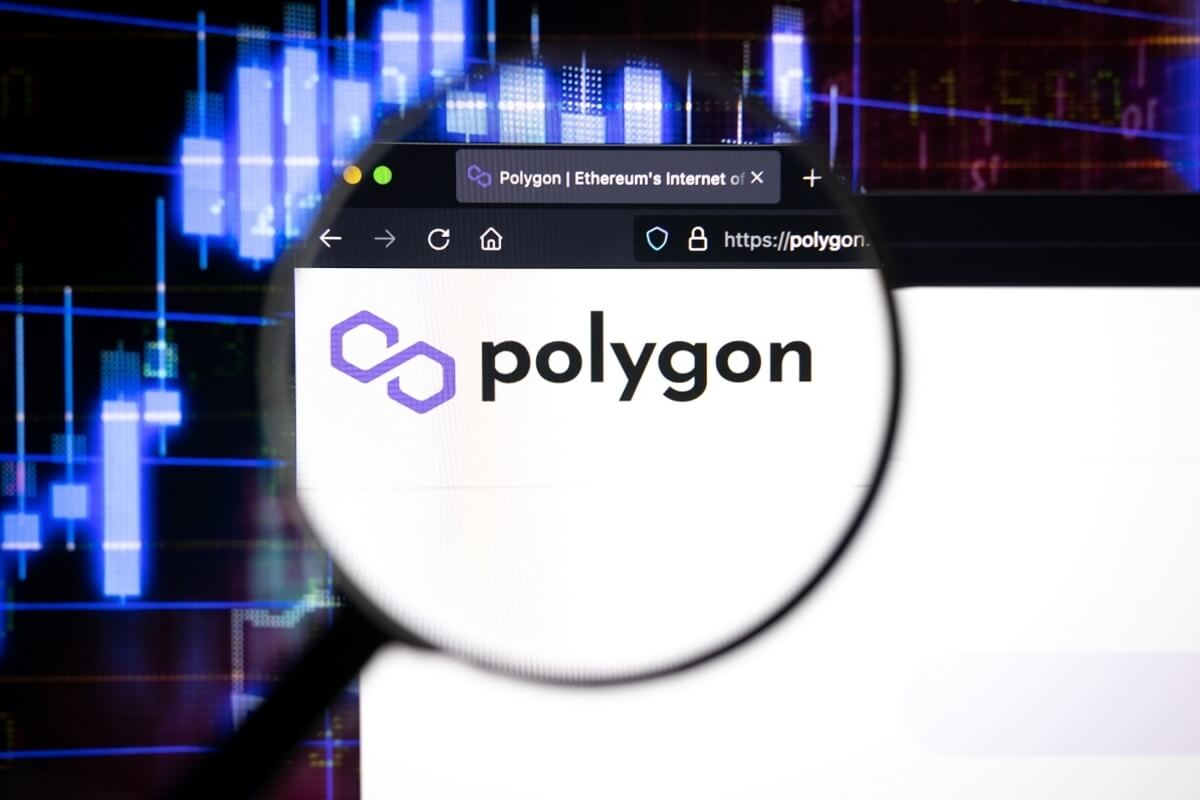[ad_1]

The popular Ethereum (ETH) layer-2 scaling solution Polygon (MATIC) has implemented EIP-1559, an Ethereum Improvement Proposal brought forth as a more efficient fee mechanism to Ethereum’s first-price auction fee calculating system.
At 10 UTC on Tuesday morning, Polygon is trading at USD 2.17, down by 9.5% over the past 24 hours and up nearly 5% in a week.
Among the more notable benefits of the update is that it burns a portion of fees paid by users, thus bringing an element of deflation to the coin. Since Polygon has a fixed supply of 10bn, the update is expected to decrease MATIC’s total supply and thus increase its value.
“We took Ethereum’s experience since the upgrade as the baseline to simulate the potential impact on MATIC’s total supply,” the Polygon team said in an announcement, adding that the analysis “suggests that annualized burn would represent 0.27% of the total MATIC supply.”
Ethereum implemented EIP-1559 in August 2021 as part of a larger upgrade known as the London Hardfork. Prior to this update, ETH transaction fees were based on bids, which forced users to overbid so that their transactions wouldn’t get stuck in “pending” mode. However, since there were no parameters to determine how much users needed to overbid, it usually resulted in an unpredictable transaction pricing mechanism.
EIP-1559 was proposed to tackle this issue by presenting a hybrid approach that included a base fee, which is calculated by the network and is burned, as well as a priority fee (tip) that can be paid by users who want their transactions to get processed faster.
Likewise, Polygon intends to use this mechanism to make its fee structure more effective, adding: “The base fee, which fluctuates depending on network congestion, is then burned.”
It further detailed that the burning starts on the Polygon network and completes on the Ethereum network. “The Polygon team has created a public interface where users can monitor and become part of the burning process,” the team said.
Polygon validators, who run a full node, produce blocks, and validate transactions, will be getting only the priority fee in the future.
Meanwhile, ever since EIP-1559 went live on the Ethereum network, it has burned a total of ETH 1.55 (USD 4.91bn). Further, according to data accumulated by financial services and investment management firm Galaxy Digital until late Novemeber 2021, the update had saved users USD 844m in transaction fees through base fee refunds.

____
Learn more:
– Polygon Justifies Its Quiet Hard-Fork Citing ‘Critical Vulnerability’
– Polygon Makes USD 400M Bet On Ethereum Scaling, Pepsi Goes NFT + More News
– Polygon Flips Ethereum in Daily Transactions, Price Hits All-Time High
– Number of Devs on Solana, Polygon, Cardano & Co Growing Faster Than on Ethereum
– EIP-1559 Three Weeks Later: ETH 100,000 Burned, Supply Grows
– Ethereum’s Hope No. 1559: What It Does and What It Doesn’t Do
[ad_2]
cryptonews.com




